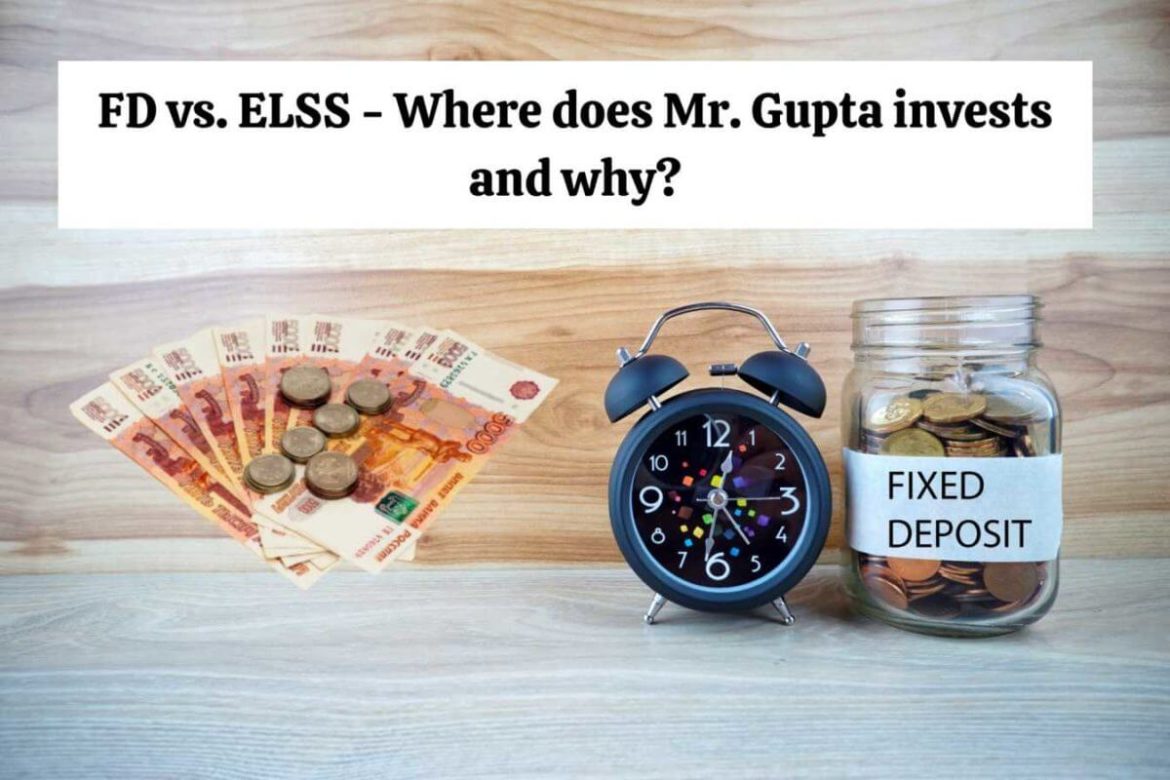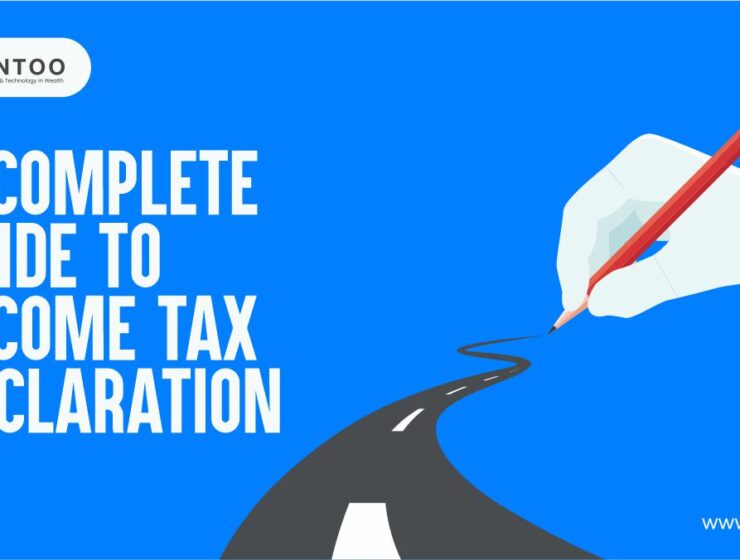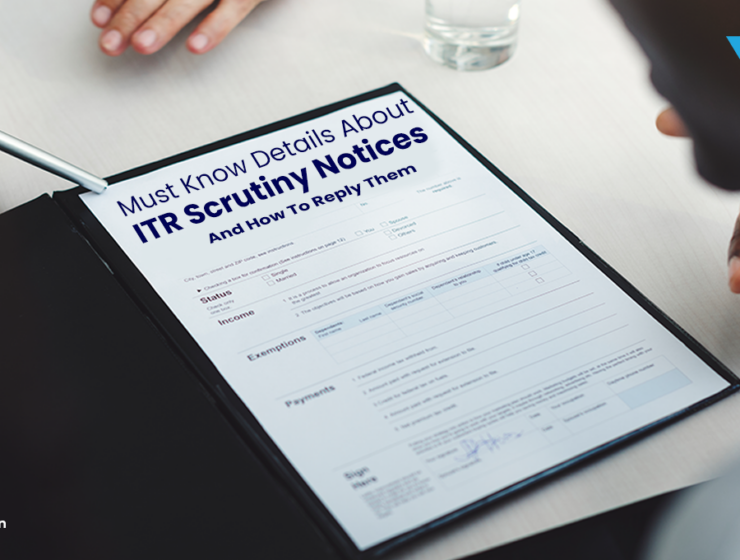

As we are heading close to year-end, it is imperative to check if you have made the required investments to save tax. If you have not done any tax planning for FY 2020-21 yet, it’s time to make a decision as we are already entering the month of December. You should not keep these tax-saving investments till the last moment i.e. 31st March 2021. The earlier you do it, the better it is.
Mr. Gupta is one of the taxpayers who has not yet made up his mind as to where to put his money to save taxes. In order to save taxes, we all are aware of the most common section i.e. 80C. Right?
Options available to Mr. Gupta
Under section 80C of the Income Tax Act, Government gives us many options to claim tax benefits. Some of these are on expenditures incurred and some are on investments made. Mr. Gupta is not eligible to claim any expenditures under 80C as he neither has any home loan nor any tuition fees expenditure for children.
So the only option left with him to fully utilize section 80C is to make certain investments that are eligible for this deduction. You must be aware that the maximum tax benefit available under section 80C is Rs. 1,50,000. He already contributes Rs. 21,600 towards PF and has a term insurance premium of Rs. 25,000. Thus, keeping in mind his PF contribution and term insurance premium, the remaining amount of Rs. 1,03,400/- can be invested to claim 80C fully.
After going through various investments like PPF, ELSS, Sukanya Samriddhi Yojna, FD, traditional insurance policies, he decided to select either ELSS or FD. He is confused between these two.
Are you also confused between ELSS and FD to save your taxes, then read on to get clarity as to what is suggested for Mr. Gupta? Each of these two options comes with its own set of pros and cons as well as risks and returns.
Let us first understand these options in detail.
Equity Linked Saving Scheme
ELSS is a type of equity mutual fund. You must know that this is the only mutual fund that offers a tax benefit under section 80C. Equity linked saving scheme is a diversified equity mutual fund with a lock-in period of 3 years.

All the investments that are part of 80C have some or the other lock-in period. The major advantage of the ELSS fund is that it has the least lock-in period of just 3 years as compared to all the other options available.
Since budget 2018, the tax rules regarding ELSS funds have changed. The long term capital gains from ELSS funds are taxed at 10% without indexation benefit. This rate is applicable only if the gain amount exceeds 1 lac. If it doesn’t exceed 1 lac then it is totally tax-free.
As the money is invested in stock markets and fund managers know that investors can not withdraw the money for 3 years, ELSS funds provide much better returns as fund managers can take a call of investments without the fear of investors withdrawing their money which happens in other types of mutual funds. It is a market-linked investment avenue and if invested for the long term i.e. more than 3 years, it can prove to aid in creating wealth.
Another interesting point to note here is that the returns from ELSS funds are often in double digits and easily beats inflation in the long run. Thus, it can be said that it delivers superior returns if we compare it to other tax saving instruments.
Fixed Deposits
Here, we are not talking about the usual bank FDs but we are focussing on Tax Saving FDs. Tax saving FDs come with a lock in period of 5 years and with an objective to offer deduction under section 80C. However, in case of emergencies, you can avail a loan against your FD.
It is important to know that the interest received on such FDs is fully taxable as per the individual’s tax slab.
Unlike ELSS, it is a traditional investment instrument and not market-linked. Although it is not exposed to market risk, there is still a default risk. All deposits of account holders of banks are insured up to a maximum limit of 5 lakhs.
What should Mr. Gupta do?
Before making any investment whether for tax saving or not, one should consider factors like age, investment horizon, and risk appetite.
Mr. Gupta is 40 years old with an investment horizon of 6 years for a goal of international vacation. Considering that this goal is not a necessity but more of a desire, Mr. Gupta can take more risk and thus have a high-risk appetite.
Keeping these things in mind, it is suggested that Mr. Gupta opts for an ELSS investment over FD. He can either invest a lump sum or do it as SIP for these remaining 4 months of the FY 20-21. It will serve him as a dual benefit of wealth accumulation as well as tax benefits.
Related Article: 5 Factors To Consider While Making Lump-Sum Mutual Fund Investment
Recommendation
If you, on the other hand, are a risk-averse person and capital protection is of utmost priority to you, then it is recommended that you opt for a fixed deposit over ELSS. You must be aware that because of the low-interest rate and not-so-tax-friendly option, you won’t be able to accumulate much if you solely depend on FDs as your preferred investments.
Investors approaching retirement must consider investing in safer investment i.e. tax saving FD. This is because they tend to have low risks and guaranteed returns. In a nutshell, you must always select an investment scheme based on your financial goals and risk profile.
Related Posts
Stay up-to-date with the latest information.


